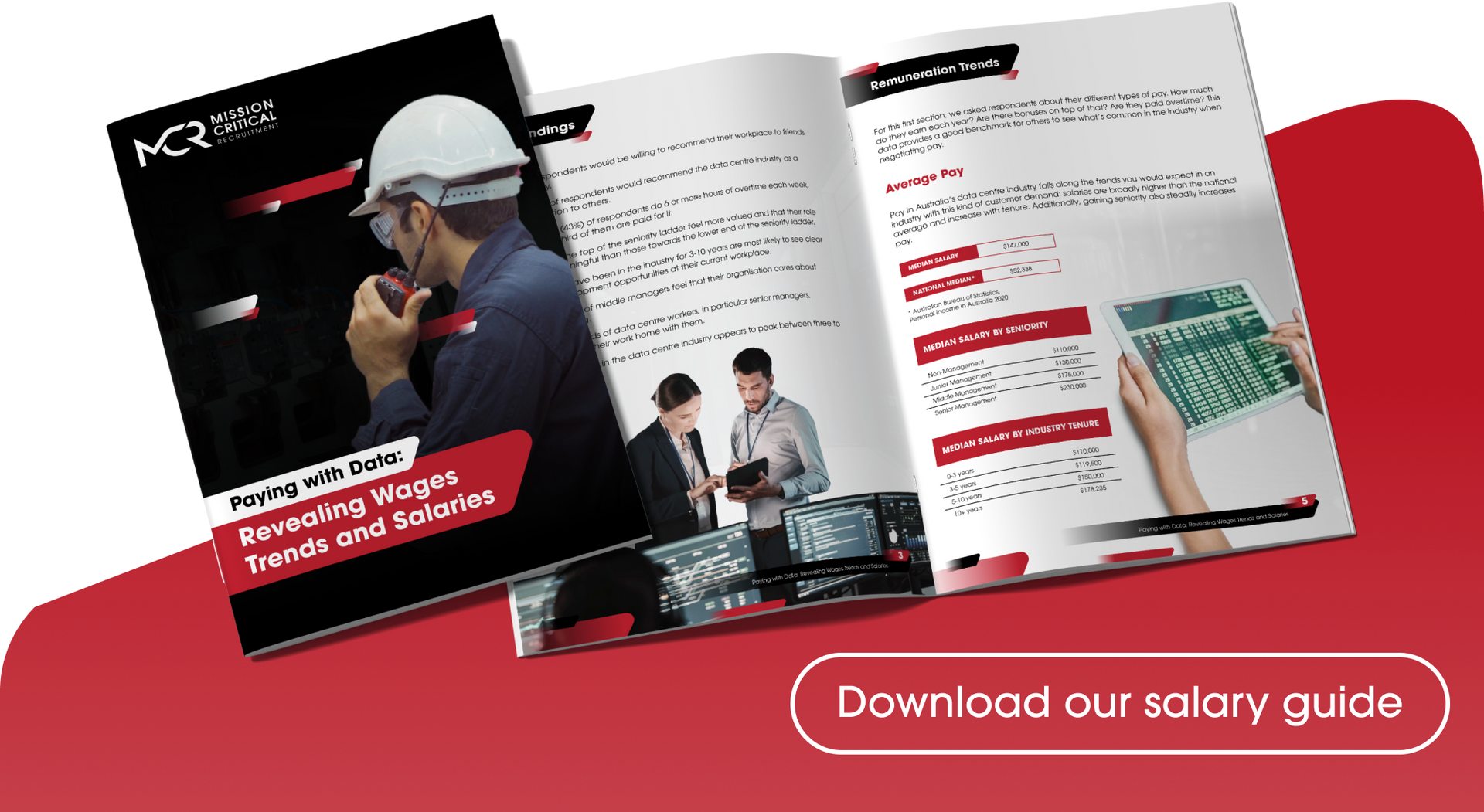Retention Strategies: Leveraging the Counteroffer

Every now and then, a star employee will surprise you with news that they have another job offer on the table ... and that they’re going to take it. How do you respond?
If your employee is a model worker with critical skills and experience, replacing them can cost you quite a bit of time and money. To bypass these hassles, you could convince the employee to stay for a higher salary and additional benefits – which is otherwise known as a counteroffer. Hiring people for data centre jobs is a competitive undertaking at the best of times, so a counteroffer can be a useful tool in a company’s employee retention strategy.
Counteroffers do have downsides, however. When a Hiring Manager attempts a counteroffer, they’re negotiating from a position of weakness. With the employee now motivated to leave for greener pastures, an employer has more work to do in persuading them to change their mind.
Making a counteroffer won’t guarantee an employee will stay – especially if they are making it clear they are glad to be out the door! Research by Seek indicates just 20% of employees accept a counteroffer, so each counteroffer needs a ‘wow factor’.
To get the best result, there are several issues to work out before you start negotiating.
Be Prepared to Act Quickly
When an employee alerts you about their impending resignation, the clock has well and truly started ticking. If you take too long to respond, the employee can easily take that as their cue to leave.
Be ready to offer a pay rise as a minimum. If the employee is a rising star who has acquired new skills in the role, does their current salary reflect what the market is paying for a similar role? As research from ELMO Software shows, an increased salary or wage is the most enticing element of a counteroffer for employees in Australia, so pay is best treated as the starting point.
On the other hand, responding too quickly is also risky. Making a counteroffer based on a salary increase alone, without finding out why the employee wants to resign, could simply prolong their inevitable resignation for a few months. Tell the employee you’re willing to make a counteroffer but would like to explore their reasons for quitting first.
Delve into the Employee’s Reasons for Leaving
An employee’s decision to resign usually stems from dissatisfaction with more than one aspect of their job. If you are determined not to lose this employee, it’s incumbent on you as a Hiring Manager to discover why they want to quit.
Are they unhappy with their salary? Is there a problem with their team? Do they sense a lack of career progression? Do they need more flexible working arrangements? How is your organisation falling short in meeting expectations? Most importantly, how can you address these issues for them?
Understanding their reasons for leaving will help you craft a personalised counteroffer and demonstrate you are willing to hear out employees.
Make a Counteroffer Tailored to the Employee
If you have asked the right questions of the employee, you can address their needs by including new perks and benefits instead of simply matching the competitor’s salary offer. Benefits might include flexible working arrangements, such as flexible start and end times, shorter working weeks or additional annual leave.
An employee might want to work more hours from home. Is commuting an issue for the employee, causing them to search for data centre jobs that are closer to home? Conversely, they might be missing social interaction and want more time in the office! Career progression is another issue that fuels resignations. Are you able to offer the employee a real pathway to promotion? Providing additional training and a career development plan can help them overcome concerns about not growing professionally.
Consider any interpersonal issues within the team that might be pushing the employee to look elsewhere. Is the employee struggling to get along with a particular team member, Manager, or client? If it is possible to help resolve these issues, make a commitment to the employee about the actions you will take.
Summary
A sudden resignation may not be a frequent occurrence, but it does have the potential to blindside Hiring Managers. Making a sensible counteroffer can help you retain critical talent and show you’re committed to keeping your best people.
Ensure that you’re negotiating more than just a salary, so you can make the counteroffer as irresistible as possible.
Talking to a data centre recruitment specialist can help you make informed decisions about hiring and salary based on current market trends. If you’re searching for the best talent to work in data centre jobs across Australia and the Asia Pacific, we can connect you with qualified candidates who are ready to take on their next role. Contact our team today to kickstart your hiring.















